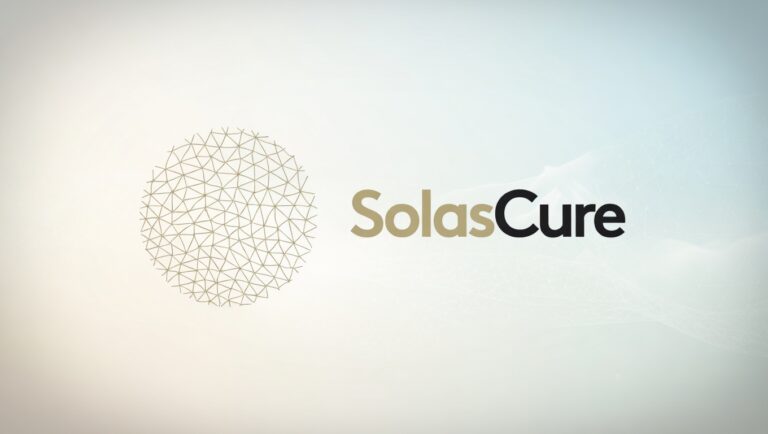
Nucleai, a leader in spatial AI biomarkers, will present pioneering advancements in cancer diagnostics at the AACR Annual Meeting. Their posters will introduce novel AI spatial biomarkers and enhanced histopathology workflows poised to transform cancer treatment.
One poster, developed with Dr. Arutha Kulasinghe, reveals a new signature predicting immunotherapy outcomes in lung cancer. By analyzing spatial distribution of tumor and immune cells, Nucleai’s AI solution offers insights into treatment response and resistance mechanisms, potentially improving patient outcomes.
Another poster introduces the H&E 2.0 algorithm, revolutionizing cancer pathology. This advanced tool automates identification of rare cell types, enhancing accuracy and scalability in diagnosis and treatment selection.
Dr. Oscar Puig, VP of Nucleai, emphasizes these breakthroughs’ impact on cancer care, merging machine learning with spatial biology techniques to improve patient outcomes.
Dr. Kulasinghe notes their study’s discovery of a metabolic signature linked to immunotherapy resistance in lung cancer, highlighting personalized treatment potential.
Nucleai’s platform enhances pathology by extracting deeper insights from slides, advancing precision medicine and accelerating drug development. Their integration of spatial biology and AI sets a new standard for cancer diagnosis and treatment.




